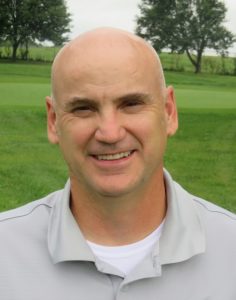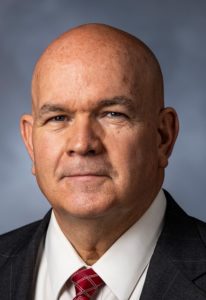SFMA’s Conference Education Committee has put together an exciting and informative education program for the 2023 Conference in Salt Lake City, Utah! Each month, speakers presenting at the conference will be featured. Don’t miss the networking and educational opportunities offered this year!
 Gregg Munshaw, Ph.D. is the Director of Agronomy for Pinnacle Agricultural Research Center. He will be presenting multiple times at SFMA’s Annual Conference.
Gregg Munshaw, Ph.D. is the Director of Agronomy for Pinnacle Agricultural Research Center. He will be presenting multiple times at SFMA’s Annual Conference.
On Tuesday, January 17, he will be presenting “Turfgrass 101: Back to Basics.”
This presentation will break down how plants function, why various maintenance practices are necessary, and how season can affect everything. Understanding how plants function is critical to knowing how to manage them. The impact that specific practices such as fertilizing, watering, and mowing have on turfgrass will be discussed.
Attendees will:
On Wednesday, January 18, Dr. Munshaw will be presenting “Problem Solving for the Sports Field Manager” with Mike Goatley, Ph.D., Professor and Extension Turfgrass Specialist at Virginia Tech.
Problems in sports field management arise in a variety of situations and are not always agronomic in nature. Real-world sports field problems will be presented, and the audience will be tasked with asking the right questions to begin the problem-solving effort, followed by the development of possible solutions to the problem.
Attendees will learn:

Bryan Hopkins, Ph.D. is a Professor at Brigham Young University. He too will be presenting multiple times at the conference.
On Tuesday, January 17, he will be presenting “Cool-Season Bermudagrass.”
This presentation will discuss saving water with Hybrid Bermudagrass replacing Kentucky bluegrass in cool-season climates.
Attendees will learn:
On Wednesday, January 18, Dr. Hopkins will be presenting “More Pop per Drop: Water and Oxygen Management 101.”
Surveys show that most managers waste water, often resulting in oxygen deficiencies in the root zone. Using water for grass during a mega-drought is bringing us under severe scrutiny. It is possible (and even better for the grass) to grow healthy/functional grass with significantly less water.
Attendees will learn: